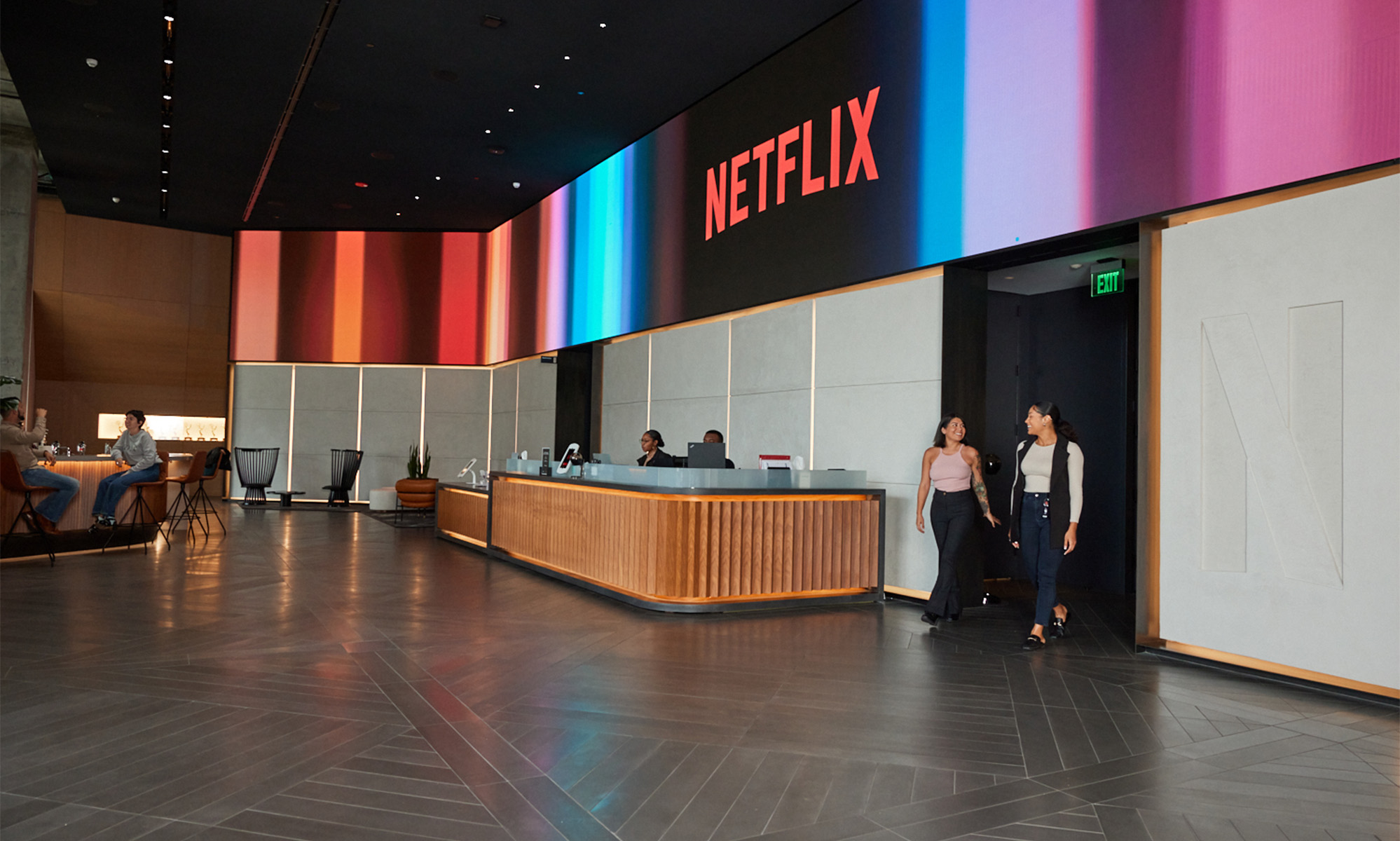Until recently, there's been a lot of conjecture that Netflix (NFLX +13.77%) could be a potential beneficiary of people sheltering at home in an attempt to avoid contracting the COVID-19 coronavirus that's sweeping across the globe.
Employees are sending staff home to work remotely (when possible), with some personnel communicating via video conferencing services. Many schools are closing, with plans to finish the semester over the internet. Gatherings of 10 or more people are being discouraged or outright banned in many places, leaving people with little else to do but hunker down at home watching streaming video.
There's a growing body of anecdotal evidence that greater numbers of consumers are tuning in -- and, in some places, threatening to overload existing capacity. This begs the question: Will Netflix break the internet?

Image source: Getty Images.
The latest sign
Reports emerged on Thursday that Thierry Breton, Internal Market and Services Commissioner at the European Union (EU), had reached out to Netflix CEO Reed Hastings asking the company to reduce streaming quality from high definition (HD) to standard definition -- particularly during periods of peak demand -- in order to take the strain off the infrastructure and prevent internet outages.
Breton, whose office oversees a population of over 450 million, said late Wednesday he'd had "an important phone conversation" with Hastings. "Teleworking & streaming help a lot but infrastructures might be in strain," he tweeted. "To secure Internet access for all, let's #SwitchToStandard definition when HD is not necessary."
Netflix responded on Thursday saying that it reduced bit rates on all streaming video across Europe. "We estimate that this will reduce Netflix traffic on European networks by around 25% while also ensuring a good quality service for our members," a Netflix spokesperson said in a statement.
Previous indications
That's not the first indication of surging demand for Netflix as consumers are increasingly sheltering in place. Earlier this week, Credit Suisse analyst Douglas Mitchelson analyzed app download data and found there were spikes in areas with a significant number of COVID-19 coronavirus cases. He noted increased demand in both Italy and Spain, two areas hard hit by the outbreak. App downloads had doubled in Italy and were up 50% in Spain -- and that's just since the beginning of February.
The analyst detected similar trends in Hong Kong and South Korea. App downloads in Hong Kong roughly doubled since early this year, while in Korea they increased by 33%.
Piper Sandler analyst Michael Olson came to a similar conclusion. He detected trends suggested an unexpected number of people researching Netflix during his quarterly analysis of internet search trends, which was done during the first two months of 2020. The data suggested that Netflix international subscriber growth would climb 31% year over year, above expectations -- and this was before the coronavirus outbreaks accelerated in early March.
Canaccord Genuity analyst Michael Graham agrees and best summarized the prevailing sentiment. "Netflix should see a significant benefit to user engagement, particularly in the U.S. and Europe, which are requiring large-scale social distancing measures resulting in people being stuck at home with limited entertainment options," he said.
But will Netflix break the internet?
Obviously, the question in the title was asked purely tongue-in-cheek. However, the evidence suggests that Netflix is perfectly positioned to offer homebound consumers some much needed respite from the inevitable cabin fever that will result from sheltering in place.
It also means Netflix will likely be one of the few companies that may actually benefit from the current worldwide health crisis. Seems like a good time to own shares.





